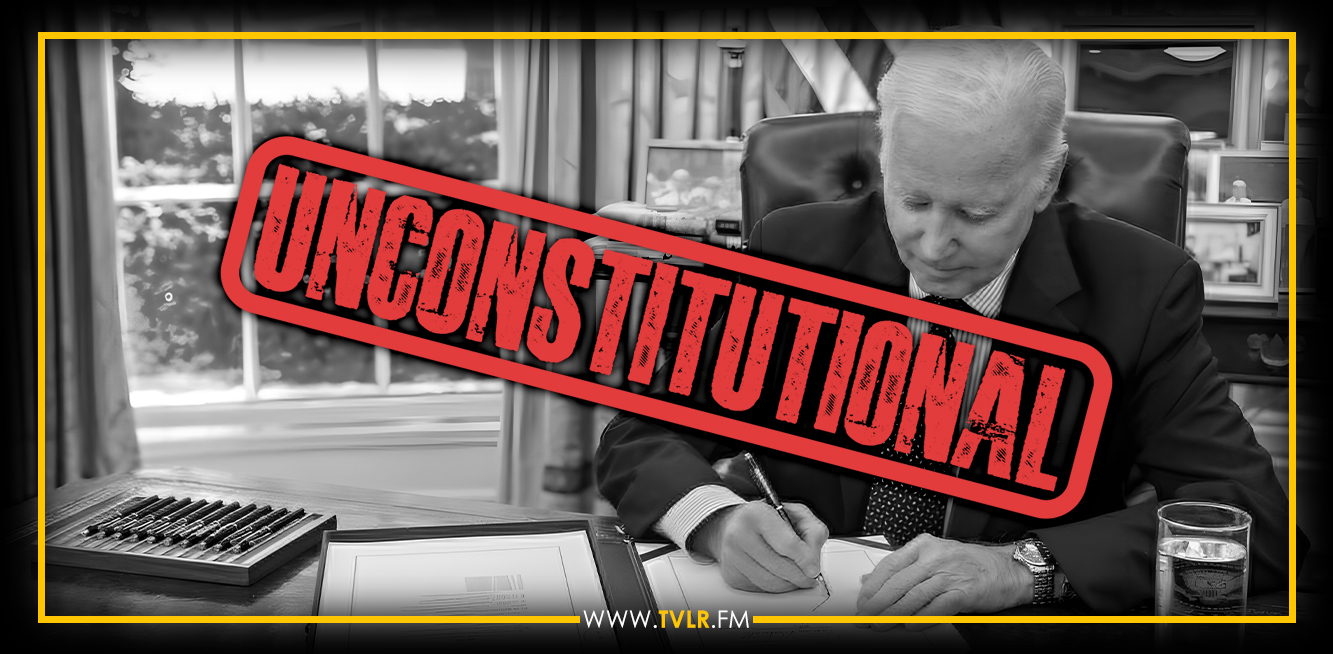Over this past weekend, President Joe Biden finalized the debt limit deal by signing a bill that suspends the government’s $31.4 trillion debt ceiling, avoiding what could have been a historic catastrophe had a default occurred within just two days. The end of this “debt limit showdown” comes after weeks of the Republican Party effectively holding the Nation hostage, with the metaphorical ransom being the liberty to cut excess from government-spending — or more specifically cut whatever they choose to label as “excess” or “extra fluff,” in true politically-motivated fashion. But the Republicans are not the only guilty party in this performance. Indeed, this entire situation was nothing but a dangerous game of “charades.”
“It’s really important to understand that none of this charade was necessary; the president did not have to pretend that he was bound by the debt limit; that was totally unnecessary political theater,” said The Valley Labor Report host Jacob Morrison, commenting on the situation during last Saturday’s broadcast. “Now of course they would’ve had to go through a budget negotiation at some point, but that’s totally different than this pressure that the president pretended was on him.”
“The executive branch is obligated by the Constitution to pay debts that he is directed to pay by congress — and there is a law that says that there’s a debt limit, and the president can’t spend over this debt limit,” Morrison explained. “But in order to abide by that law, he would have to violate the Constitution, one way or another. Either he would just totally stop paying debts, paying for services that congress ordered him to pay… or he would have to, as the executive branch, decide what he pays and what he doesn’t, which amounts to a line item veto, which the supreme court has also said is unconstitutional.”
In other words, this was nothing but a performance.
“President Biden did have options beyond this ‘hostage negotiation’ process that Republicans love to engage in,” said co-host Adam Keller during the segment. “You have the fourteenth amendment, you have the possibility of minting the trillion dollar coin — there were plenty of options. Also, let’s remember that Democrats did hold a majority in congress, and Bernie Sanders was one of the individuals who tried to get them to go ahead and take care of this debt limit back in December; and unfortunately there are people such as Joe Manchin and Kyrsten Sinema, those types, who resisted, so they couldn’t get the votes.”
Just to underline the constitutional controversy, four weeks ago the National Association of Government Employees (NAGE), which represents well over 70,000 federal government workers, filed a lawsuit in Boston’s U.S. District Court alleging that the Debt Limit Statute is unconstitutional as it “violates the principle of separation of powers.”
David J. Holway, national president of NAGE, explained that this lawsuit is meant to both protect union members from being furloughed due to Republicans’ proposed cuts as part of the debt deal which would slash financing for government agencies across the board by upwards of 22%, as well as to once and for all correct an unconstitutional error that frequently causes great and needless anxiety for the American people.
“The Debt Ceiling has become a political football for certain members of Congress,” Holway said in a statement issued through NAGE’s website. “If Congress will not raise the Debt Limit as it has nearly 80 times before without condition, it leaves no constitutional choice for the President.”
The NAGE further explained their lawsuit and the reason why they believe the debt limit is unconstitutional:
“The complaint alleges that the Debt Limit Statute is unconstitutional because it puts the President in a quandary, as it would require him to exercise discretion in deciding which programs Congress has authorized should continue being funded and which programs should not. The Constitution requires that funding appropriations be determined by Congress, not the President.
The lawsuit seeks suspension of the operation of the Debt Limit Statute until Congress determines the priorities and order of payments that the President should take, in order to meet the limit set on total indebtedness. The complaint does not specifically deny that Congress may set a limit on indebtedness. However, the lawsuit contends that the President may not take the major actions necessary to comply with the Debt Limit Statute without a clear road map or direction that the President must follow. Until Congress revises the Debt Limit Statute to give such guidance, there is no constitutional means by which the President can comply with it.”
Watch the full discussion on YouTube:
